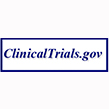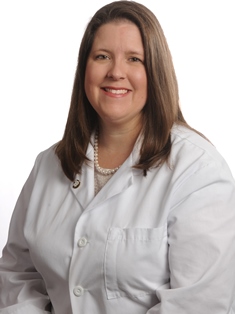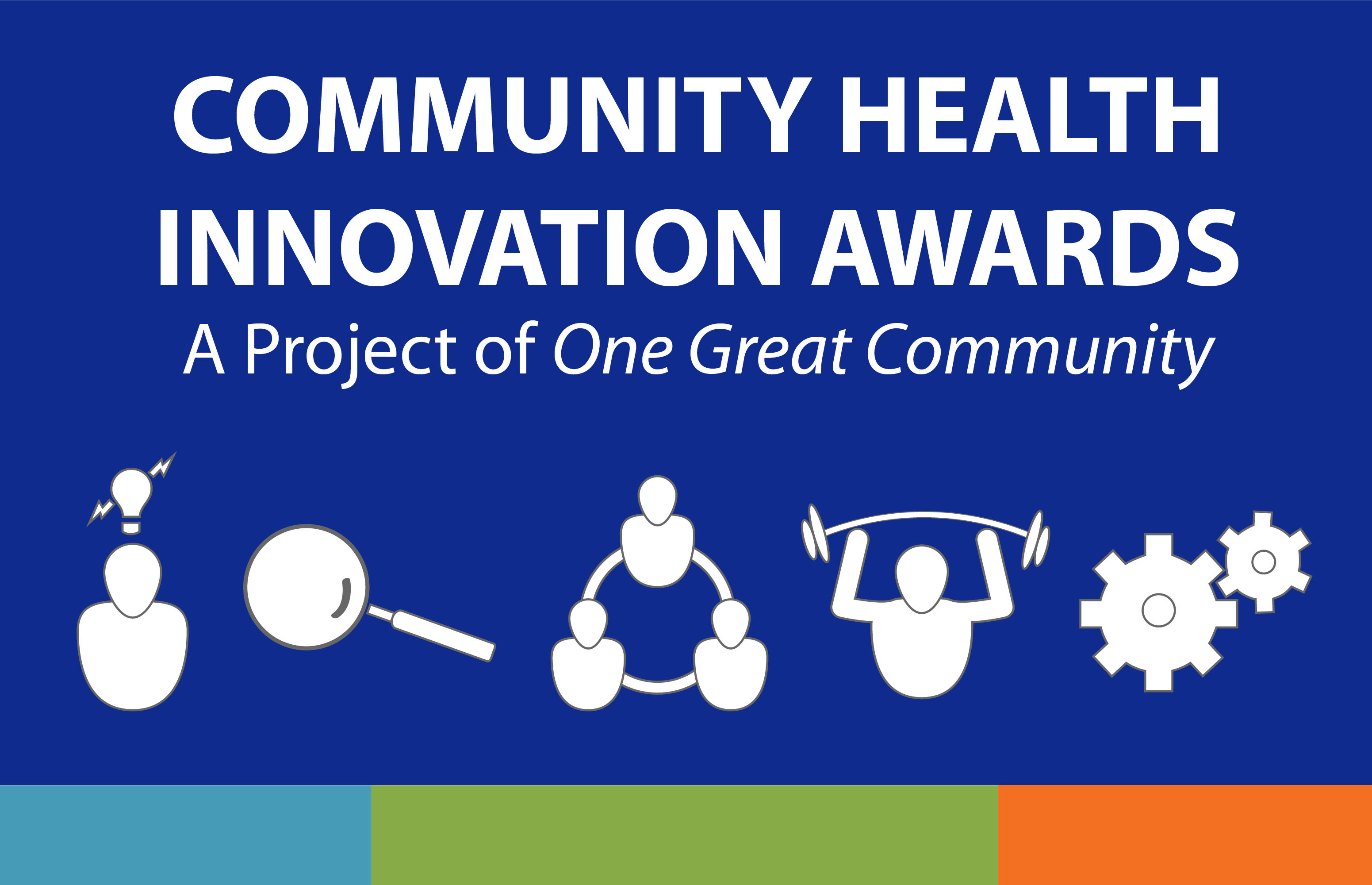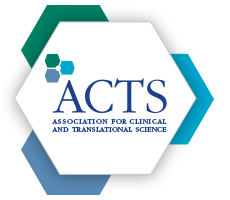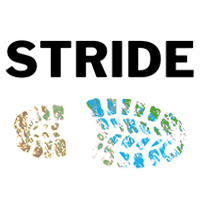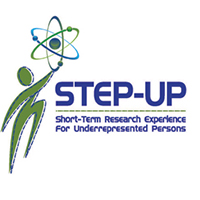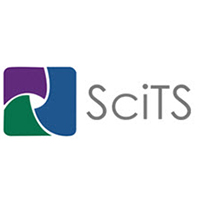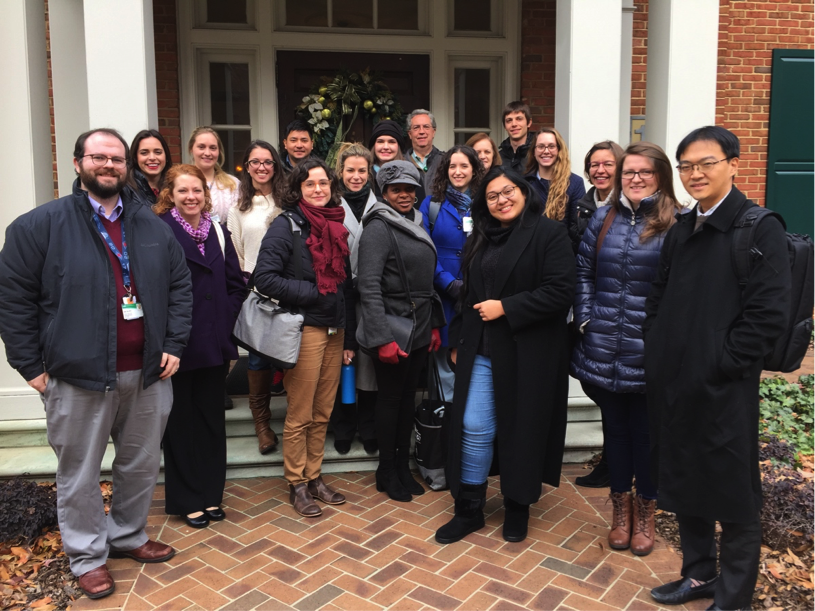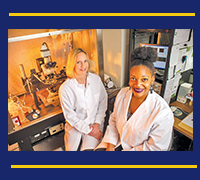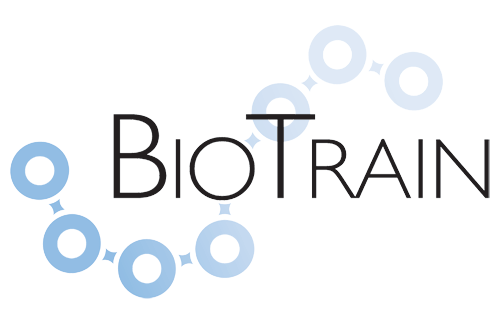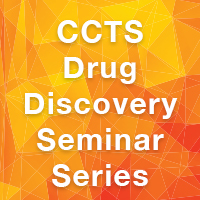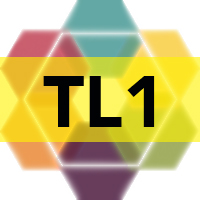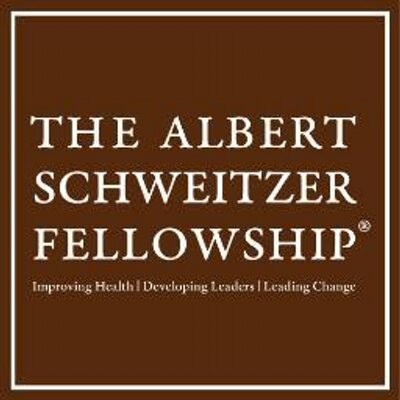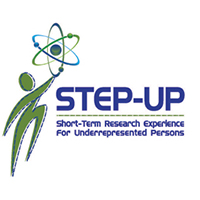CCTS Develops New Resources for ClinicalTrials.gov Requirements
Evolving EHRs to Improve Healthcare
What's New on the CCTS Website?
CCTS Seeking New K-Scholars
Welcome to Our 2017 CTSTP Trainees!
What's New on the CCTS Website?
USA Center for Healthy Communities Hosts 2nd Community Engagement Forum
Jan. CCTS Forum Demos i-Corps Approach to Sharpening Science
Mark Your Calendar for Innovating in Healthcare!
Play and Learn! CCTS Launches Kaizen-based Game to Teach Scientific Reproducibility
CCTS Announces New Dates for Community Health Innovation Awards (CHIA)
March Seats Filling Fast for Accessing Clinical Data for Research with i2b2!
CCTS Alum: Where Are They Now?
All UAB Dept. of Medicine Divisions Now Live in OnCore
Join Us Jan. 31 for "Harnessing Hyaluronic Acid: From Cell Therapy to Reducing Inflammation"
Feb. Forum to Explore Low Health Literacy Challenges in Clinical and Translational Research
Register Today for Translational Science 2018
New Innovation Lab To Focus on Lifestyle Interventions that Last-Apply by Feb. 9
STRIDE: On the Move and in the News
Deadline Approaches for STEP-UP Summer Research Program-Apply by Feb. 1
Working at the University-Industry Interface: Effective Strategies for Active Researchers
Science of Team Science 2018 Announces Call for Presenters, Posters
Resolve to Leverage CCTS Resources in the New Year!
Welcome to Our 2018 CTSTP Trainees
Earn a CCTS Certificate in Mentoring Excellence
Join Us Jan. 9 for "Healthcare's Digital Future"
ACTS Extends Abstract Deadline for Translational Science 2018
Upcoming Informatics Meetings Offer Unique Translational Learning Opportunities
Save the Date for Our Next CCTS Monthly Forum!
CCTS January Forum Offers Tips to Master Peer Review
Apply for a Life Sciences Internship with HudsonAlpha and Affiliates
CCTS/SCOR Launch Grant Preparation Intensive Cohort Program
CCTS Drug Discovery Seminar Series Starting Soon
CCTS Extends Deadline for Clinical/Translational Research Program
Broaden Your Career Options with a CCTS Clinical/Translational Research Program
Translational Training Symposium Registration Now Open
Featured Community Partner: The Albert Schweitzer Fellowship of Alabama
STEP-UP Helps Underrepresented Undergrads Spend a Summer Conducting Biomedical Research
CCTS Announces CHIA 2018 Grantees
Mark Your Calendar for Upcoming Translational Research Learning Opportunities
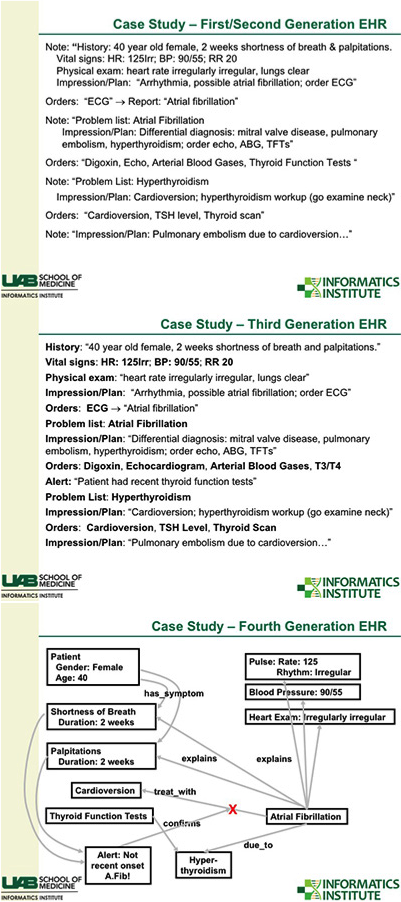
Dr. James J. Cimino, CCTS codirector of Informatics and director, UAB Informatics Institute, sketched out a vision for a next-generation electronic health record (EHR) in an invited seminar at Vanderbilt University’s Department of Biomedical Informatics this week. His talk reviewed what EHRs currently do right and wrong, highlighted their true potential, posted the missing link to achieving that potential, and described what is needed to support their evolution.
“EHRs have helped us improve billing, the legibility and availability of medical data, results reporting, order entry, alerts and reminders,” Cimino said. “Yet problems persist, including alert fatigue, redundant data capture, data overload (note bloat), incomplete data, and poor navigability.” Despite an early focus on EHRs as a tool to “guide and teach,” a la Dr. Lawrence L. Weed’s 1968 seminal article on medical records, they continue to fall short of their full potential.
EHRs could do a better job at minimizing annoyance, informing us about the patient, educating users, assisting with patient care, and supporting research, but they don’t. “So what’s the missing link?” he asked the audience.
The answer, according to Cimino, is “situational awareness,” a formal representation of symptoms, exam findings, interpretations, differential diagnoses, and other interrelationships that could help improve the impact of EHRs on patient outcomes. “What can we not afford to miss? What is ok to ignore?” he asked. He traced the differences between several generations of EHR development to underscore his point (see image).
The challenges to achieving this “intelligent assistant” version of the EHR “are not trivial and will require informatics, design, and educational solutions rolled out in tandem,” Cimino said. Steps to building it will be incremental, integrated, and will need to reach “critical mass.” But he painted a compelling picture of the benefits of such an effort: an EHR that would not only offer improved data capture, a better user interface, smarter alerts and reminders, and reduced redundancy, but also deliver a true learning health system capable of supporting just-in-time education for decision support.
Cimino concluded, “Representing situational awareness data will require fundamental informatics research, but I believe it can be done non-disruptively, so that we can evolve with our EHRs to a new era of health care. I'm looking for postdoc superstar researchers to help!"
Interested clinical informatics postdocs can reach Dr. Cimino via the Informatics Institute website.
Several of the federal clinical trial reform efforts announced for 2017, reported on most recently in the Dec. 16, 2016, issue of the CCTS Digest, have gone into effect. This includes the ClinicalTrial.gov requirements to register and report results, which applies to all NIH funded or partially funded studies initiated on or after Jan. 18, 2017.
CCTS has developed several new resources to help raise awareness about the requirements and the to empower investigators with the tools and expertise to successfully meet the regulatory expectations and avoid potential penalties. Additional guidance and support with regulatory requirements (both federal and UAB) are available on request by emailing us at
CCTS Solutions
- Our new video, “ClinicalTrials.gov: New Clinical Trials Policies,” has a serious title and message for clinical trialists and their teams, but delivers it with humor and brevity (and a catchy tune!). Our hope is the video will go viral, helping raise awareness of the requirements to register clinical trials and report their results. Please watch and like and share with others!
- The new Clinical Translation landing page reviews the federal policies taking effect in 2017 and provides a list of websites, checklists, trainings, videos, and articles for investigators to learn more, including how to use the Protocol Registration and Results System, the database for entering clinical trial results on clinicaltrials.gov.
- CCTS has added a special consultation clinic to its First Wednesday Drop-in Clinics line up, which will provide investigators with the opportunity to talk to one of our Clinical Research Support Program (CRSP) specialists about meeting the new clinicaltrials.gov requirements. A second clinic will take place in conjunction with the Biostatistics clinic on the third Wed. of the month. Both clinics take place at PCAMS from 11:30am-1pm. No appointment is necessary.
- Two additional upcoming trainings will provide overviews of the new requirements. The CCTS Lunch and Learn will take place on February 21 from 11:45am-1pm in Spain Auditorium. The CCTS Research Seminar on March 16 from noon-1pm at PCAMS. Visit our Events page for more information about these and other CCTS learning opportunities.

